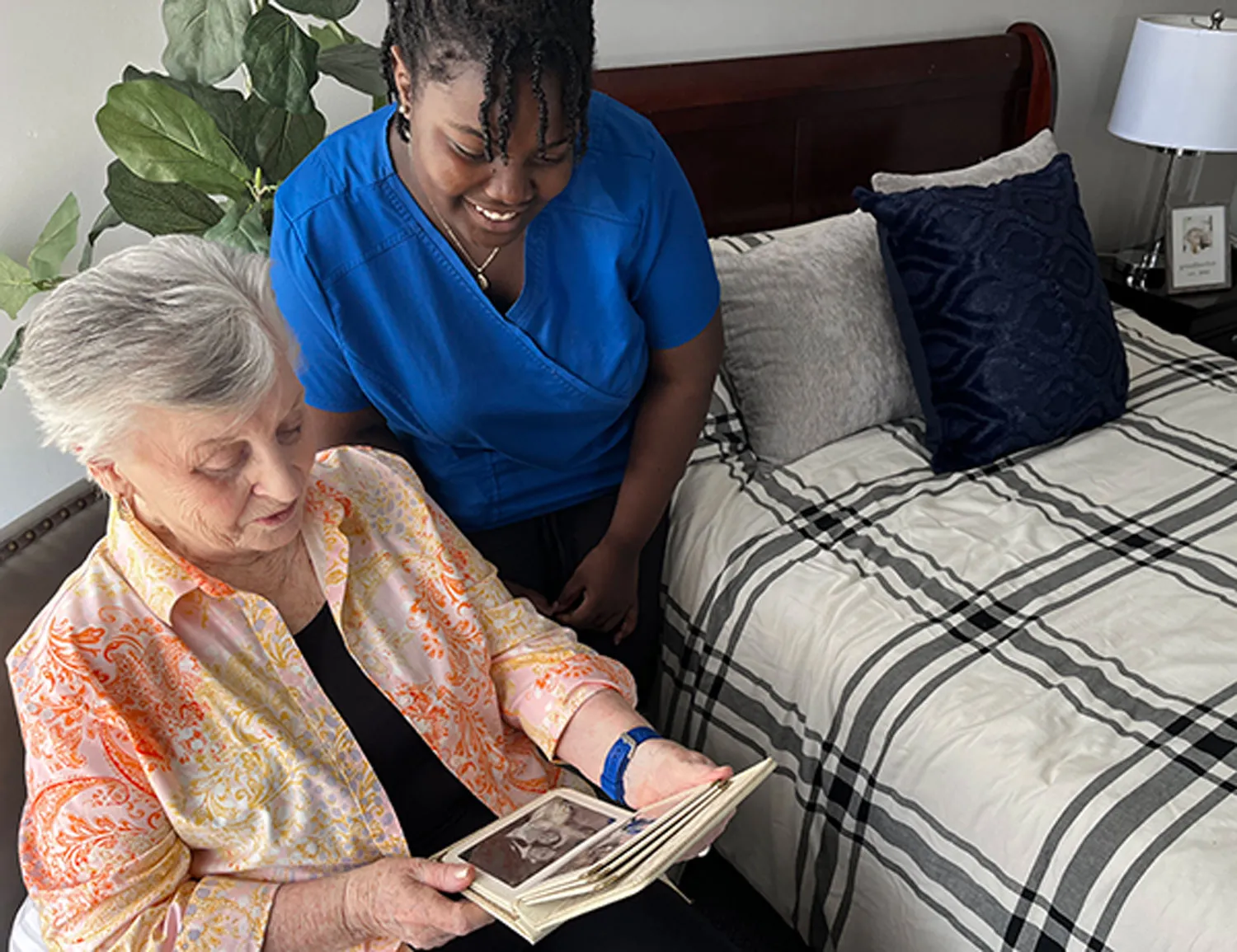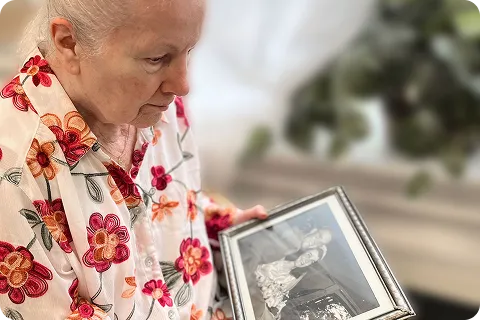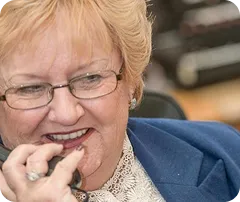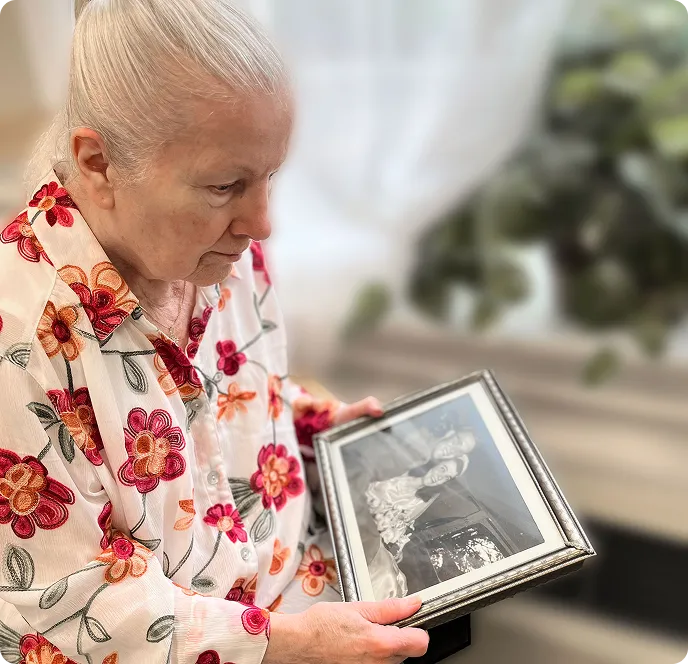(631) 778-7747
Hearing Loss
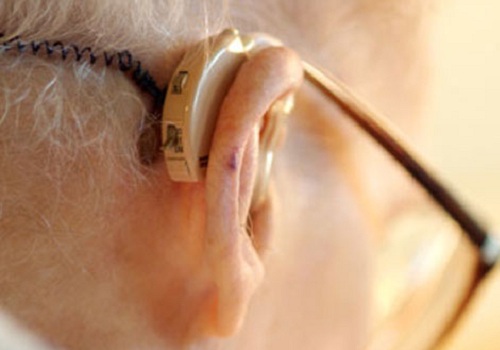
Hearing Loss
Hearing Loss is a Common Problem in Older Adults
Hearing loss is one of the most common conditions affecting older adults. Approximately 17 percent, or 36 million, of American adults report some degree of hearing loss.
There is a strong relationship between age and reported hearing loss: 18 percent of American adults 45-64 years old, 30 percent of adults 65-74 years old, and 47 percent of adults 75 years old, or older, have a hearing impairment.
Men are more likely to experience hearing loss than women.
People with hearing loss may find it hard to have a conversation with friends and family. They may also have trouble understanding a doctor’s advice, responding to warnings, and hearing doorbells and alarms.
People with hearing loss have trouble fully participating in everyday life. They may mistake words in a conversation, miss directions or warnings, or leave a ringing doorbell unanswered. Older people who can’t hear well may become depressed or withdraw from others to avoid feeling frustrated or embarrassed about not understanding what is being said.
They may become suspicious of relatives or friends who they believe “mumble” or “don’t speak up” on purpose. Hearing loss isolates older people and may even put them in harm’s way if they are unable to respond to warnings or hear sounds of impending danger.
Sometimes older people are mistakenly thought to be confused, unresponsive, or uncooperative just because they don’t hear well.
Hearing problems that are ignored or untreated can get worse. If you have a hearing problem, you can get help. See your doctor. Hearing aids, special training, certain medicines, and surgery are some of the choices that can help people with hearing problems.
Recent News
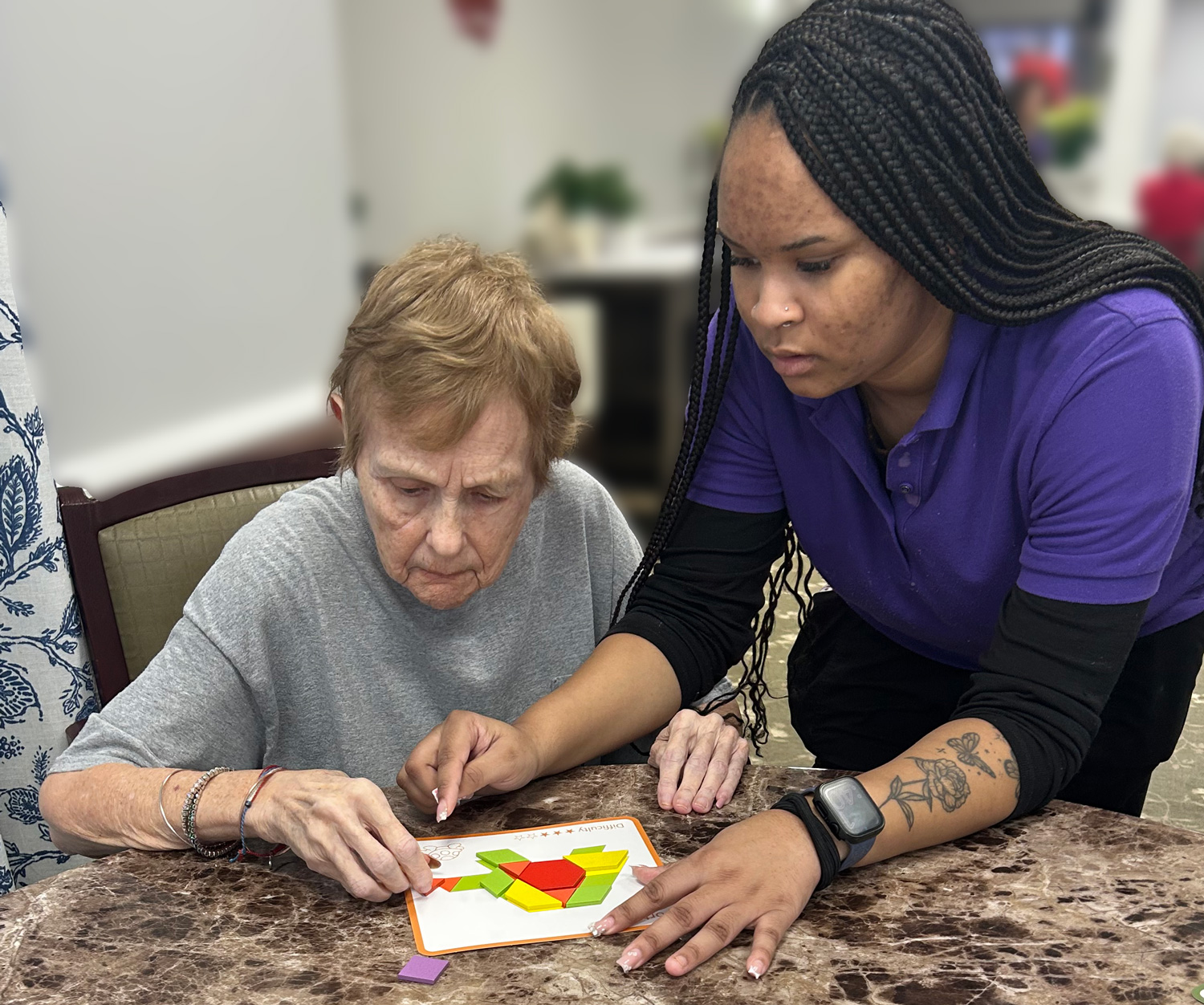
The Power of Touch
February 9, 2026

Winter Readiness for Caregivers: Do You Have a Plan?
January 6, 2026

Important Topics to Discuss With Local Assisted Living Centers
November 10, 2025

When It’s Time: Helping Your Parents Accept the Need for Assisted Living
October 15, 2025

How to Encourage an Aging Parent to Shower When They Refuse
July 2, 2025
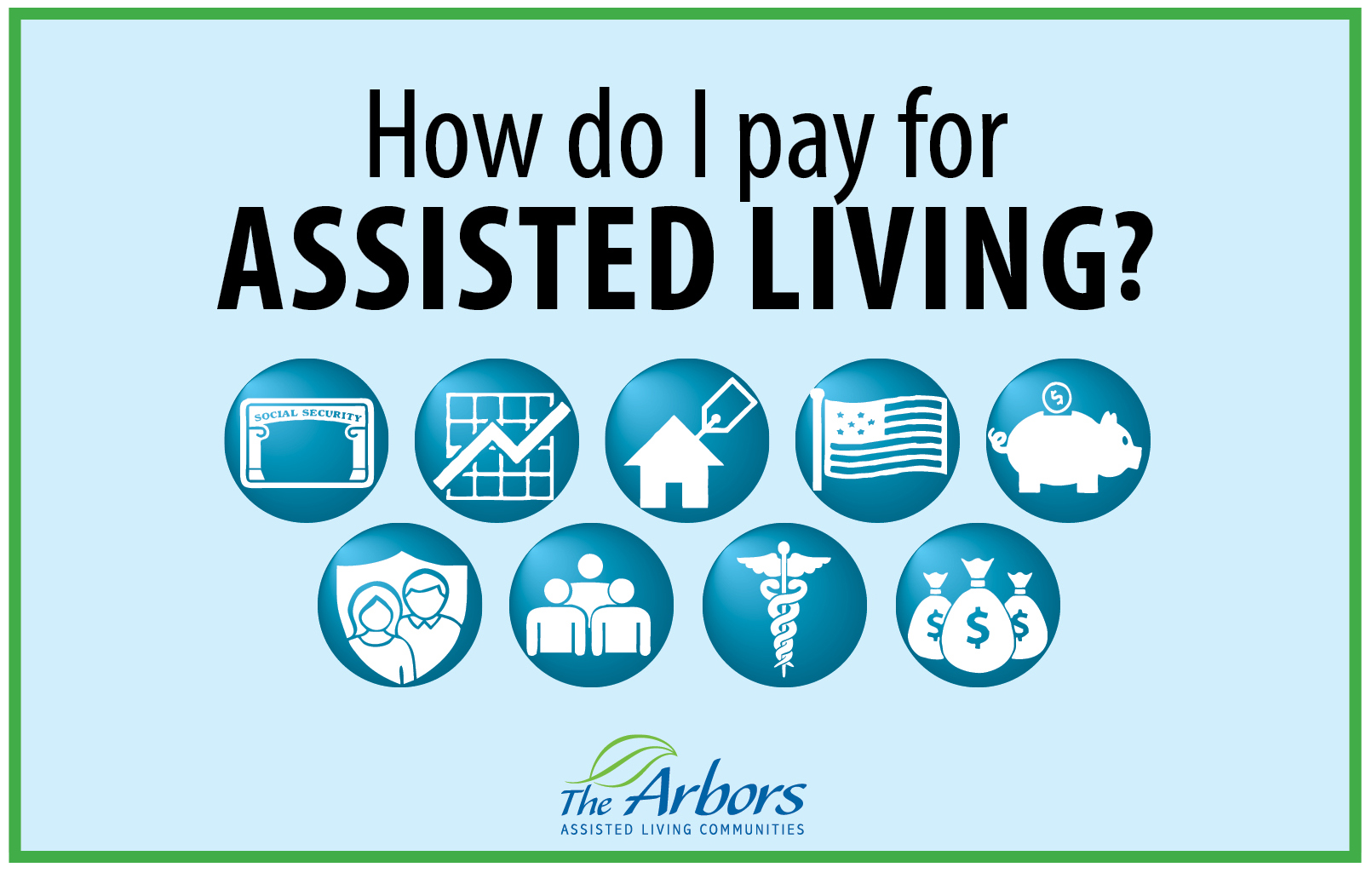
How Do I Pay for Assisted Living
June 6, 2025
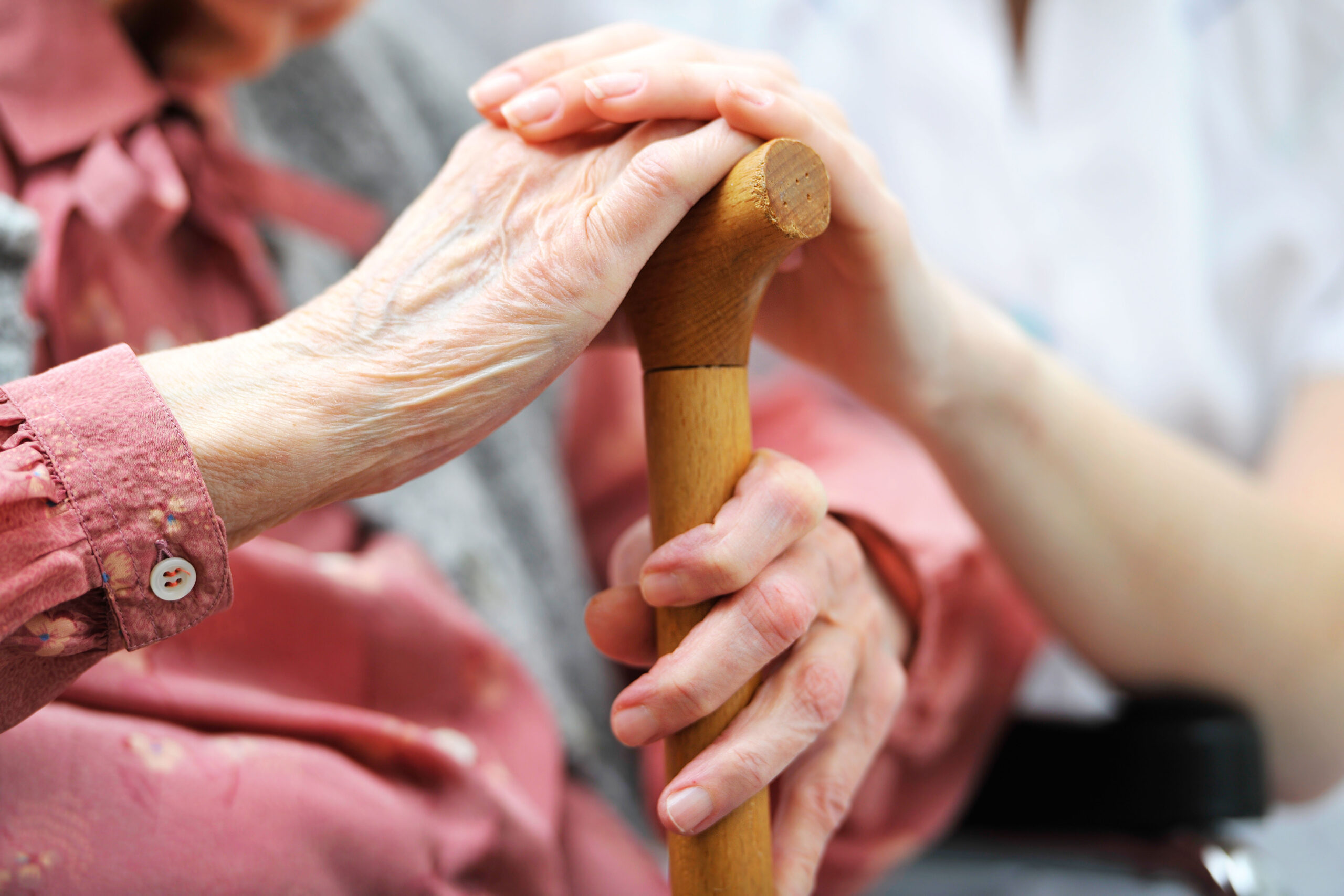
3 Signs You Should Consider Assisted Living
May 15, 2025
GET IN TOUCH
Let’s Talk About Making The Arbors Your Home
REQUEST A VISIT
Schedule a Tour of our Long Island Assisted Living Communities



